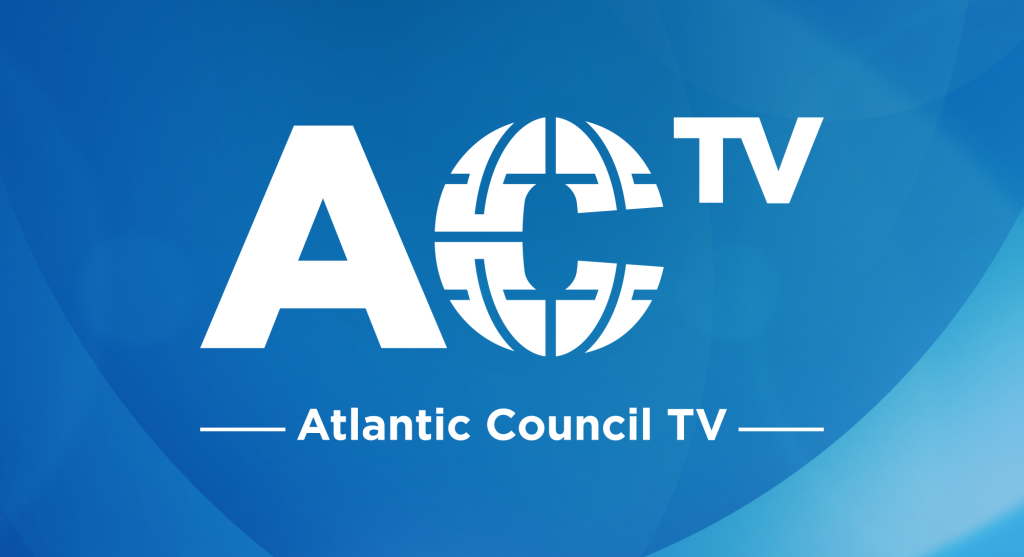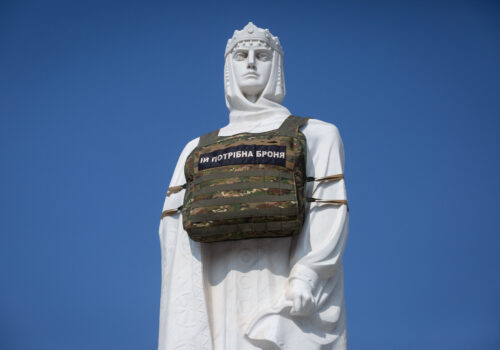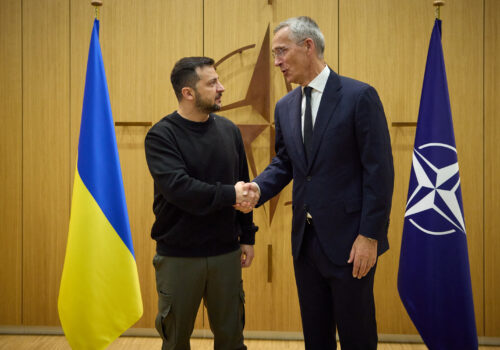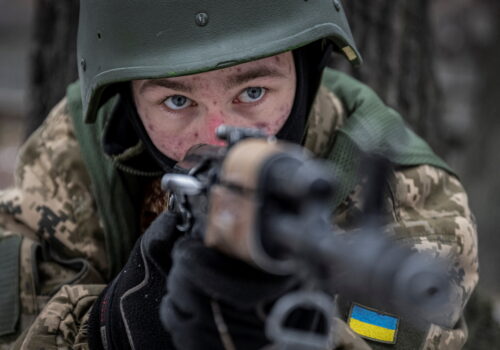Russia commenced 2024 with the biggest air and drone strikes since the beginning of the full-scale invasion, attacking civilians and infrastructure in cities including Kyiv and Kharkiv, as ammunition for Western-provided air defense runs out and debates continue in Washington on whether to provide more.
With inflated expectations on territorial progress and shifted attention to the Israel-Hamas war, international media has largely deemed the ongoing counteroffensive a failure and the war on Ukraine a stalemate. However, contrary to expectations, Ukrainian strikes into the Black Sea and the Russian navy headquarters in Sevastopol have crippled Russian naval efforts in the region and broken the long-standing blockade on Ukrainian trade. As recently as late December, Ukrainian drone and missile strikes hit and destroyed key Russian warships and landing craft in occupied Crimea. Additionally, the Ukrainian military continues to repel Russian forces in cities in the east and south, inflicting unsustainable manpower and equipment attrition on the Russian military.
The dubious framing of the war as a stalemate has become an argument against further Western support for Ukraine and has led some to push for negotiations with the Kremlin. Such narratives discount the substantial successes Ukraine has enjoyed in the Black Sea and ignore that Russian President Vladimir Putin has shown no real indication of moving away from his maximalist war aims for Ukraine and Europe.
What does Ukraine need to succeed in 2024? How did the media narrative of the failed counteroffensive form, and how can Ukraine’s Western allies best maintain international support for continued aid? What is the true danger of accommodating a continuously aggressive Kremlin?
Speakers
General (ret.) Philip Breedlove
Former Supreme Allied Commander Europe
Luke Coffey
Senior Fellow
Hudson Institute
Ambassador John Herbst
Senior Director, Eurasia Center
Atlantic Council
Hanna Shelest
Director of Security Programs
Foreign Policy Council “Ukrainian Prism”;
Editor-in-chief
UA: Ukraine Analytica
Moderator
This event will not feature an in-person audience. You will be able to join via desktop or mobile app, through your web browser, or by phone. To join the question and answer period, you must join by app or web.
Register above for details on joining the virtual audience.
Stay connected
Follow us on social media
and support our work
issue spotlight

Europe in crisis
War in Ukraine
In February 2022, Moscow launched an all-out invasion of Ukraine after a months-long military build-up, threatening the country’s sovereignty and its future. This existential moment for the country follows the 2014 Maidan revolution, a nexus for Ukraine’s Europe-focused foreign policy and reform efforts. The ensuing Russian invasion and occupation of Crimea, aggression in Ukraine’s east, and Kremlin disinformation efforts, cast a shadow over Ukraine’s independence.

The Eurasia Center’s mission is to promote policies that strengthen stability, democratic values, and prosperity in Eurasia, from Eastern Europe in the West to the Caucasus, Russia, and Central Asia in the East.
Atlantic Council TV

Watch this event and more content on ACTV
Follow the conversations shaping our world. Available on all major platforms.



